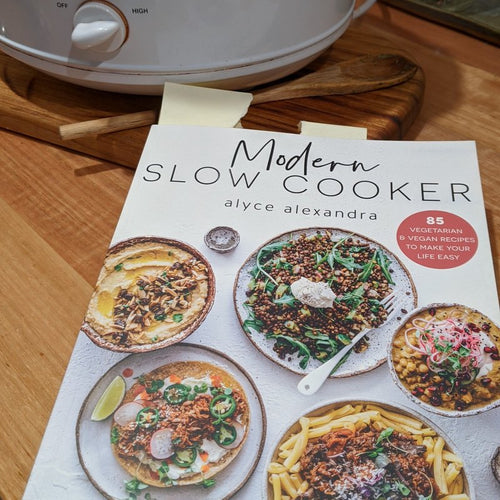Still baking bread - using the BBQ over summer
As you know, I decided I wanted to stop buying bread, and back in April I started baking my own. I dabbled in sourdough in May and then found a great "soaked" flour recipe that worked and I've stuck with it ever since. We haven't brought any bread since April! I use a bread maker to mix and rise the bread, and over winter I was using the woodstove to bake the bread. I had got that method perfected, but now its warmed up too much to light the fire inside, so I had to find another way to cook my bread.
I tried the breadmaker again and I just wasn't happy with it. The bread doesn't seem to cook properly and the tin is such a stupid size, you end up with weird tall slices of bread that don't fit in the toaster! Next we tried the BBQ (a Weber BBQ that we use all summer to cook everything from sausages to roast, pizza and chocolate pudding). I say "we" because the BBQ is husband-territory. Not that I don't know how to use it, but I'm not really allowed to use it, if Peter is home, he likes to be in charge of the BBQ, which is fine, because he does a very good job and we don't make many dishes in summer with everything cooked in the BBQ instead. I burnt the first loaf of BBQ bread, so Peter took over and got the settings just right for the second loaf.
The main thing that I like about the recipe that I use is that it only uses simple ingredients:
| BBQ bread |
| A loaf fresh from the BBQ |
- flour
- seeds
- water
- honey
- kefir
- yeast
- salt
Most recipes or pre-mixes for the bread machine use "bread improver". This may sound innocuous, but it is actually a mix of emulsifiers, enzymes and food acids, that speed-up the process of bread-making, so that its more convenient for a factory. Traditionally, before bread improver, bread making took 12-24 hours, which is the time I use in my recipe for the flour and wet ingredients to "soak" before adding the yeast, but with bread improver you can make bread in just 2-3 hours. Bread improvers are all different, so you need to check the ingredients list, some are worse for you than others. Some contain things like sodium metabisulphate (which I use to clean the beer fermenters) and soy flour. Ascorbic acid (synthetic vitamin C) and citric acid are also common ingredients, see wikipedia.
Its not so much the actual ingredients that I want to avoid, but the fact that they are used to speed up the bread making process worries me. I wonder if the 2-3 hours + extra ingredients is really enough to process the proteins in the flour to a form that we can digest, or does it just diguise a shortcut by making the bread light without really processing the proteins? I would rather let my dough have the extra time to soak (plus use kefir to add enzymes). As long as my dough has at least 12 hours to soak, it always comes out of the tin light and fluffy, as if a bread improver had been used. I do remember the heavy quick loaves that I used to make without bread improver, the soaking time seems to make all the difference to the bread texture.
It does require some extra organising to soak the flour, but really no extra time, just more time between steps. I prepare the flour/water/kefir mix in the bread maker tin in about 10 minutes, either the evening or morning before baking the bread. Straight after work I add the salt and yeast and start the bread maker program, which takes only a few minutes (I have saved a program that kneeds and rises the bread, but stops before the final rise). When the bread maker beeps I turn the dough into another tin to rise further for 1 hour, and then into the oven or BBQ, and back out after 1 hour, that's really only another few minutes of work and bread is out of the oven before bedtime. Overall, its no quicker to add the bread improver and have the bread done in 2-3 hours, as long as you realise 12-24 hours before you need the next loaf!
As far as the yeast goes, I can't find any solid evidence that yeast in cooked bread is bad for you. The yeast is killed in the baking process, so there's no way it can contribute to intestinal yeast problems. I think the main problem that people have with yeast bread is the short-cut quick processing time, rather than the yeast, but that is just my theory. I would love to perfect sourdough, it is far more self-sufficient than buying yeast! But at the moment I don't have time to experiment and my initial efforts did not taste good, so I will stick with this recipe that works until I have a chance to play around with sourdough.
What do you think? Is short-cut bread the problem? Do you make your own?





















Leave a comment